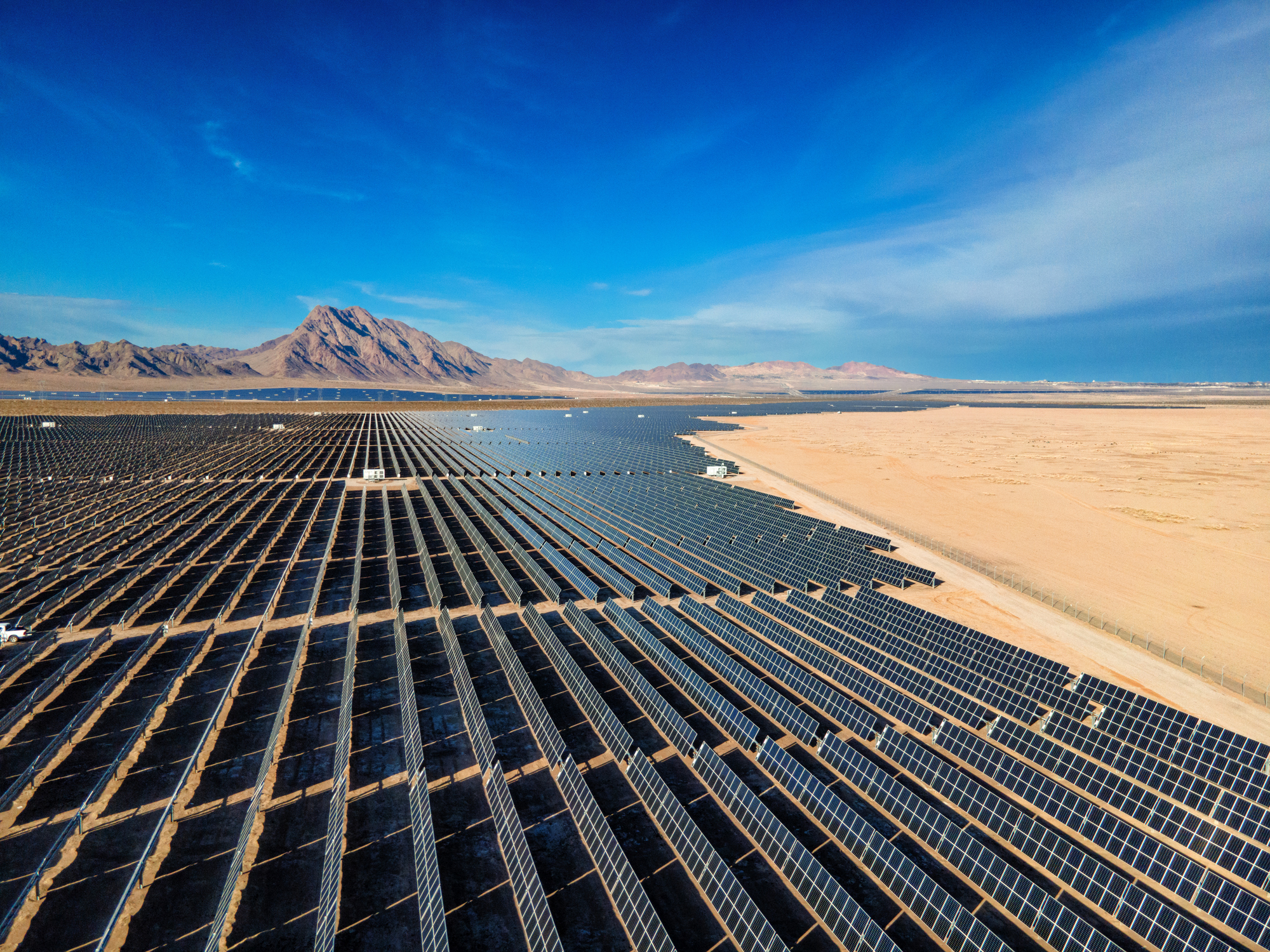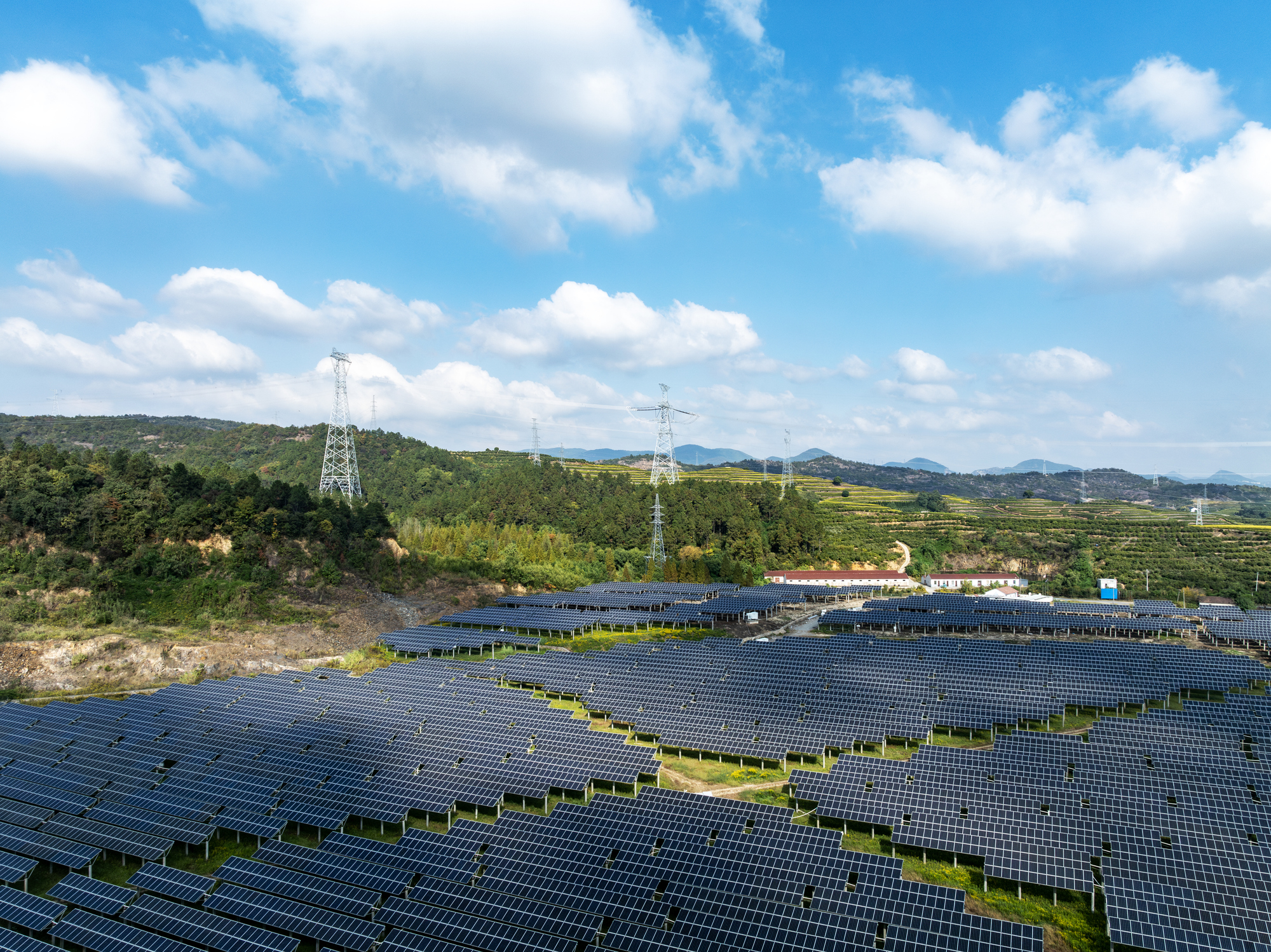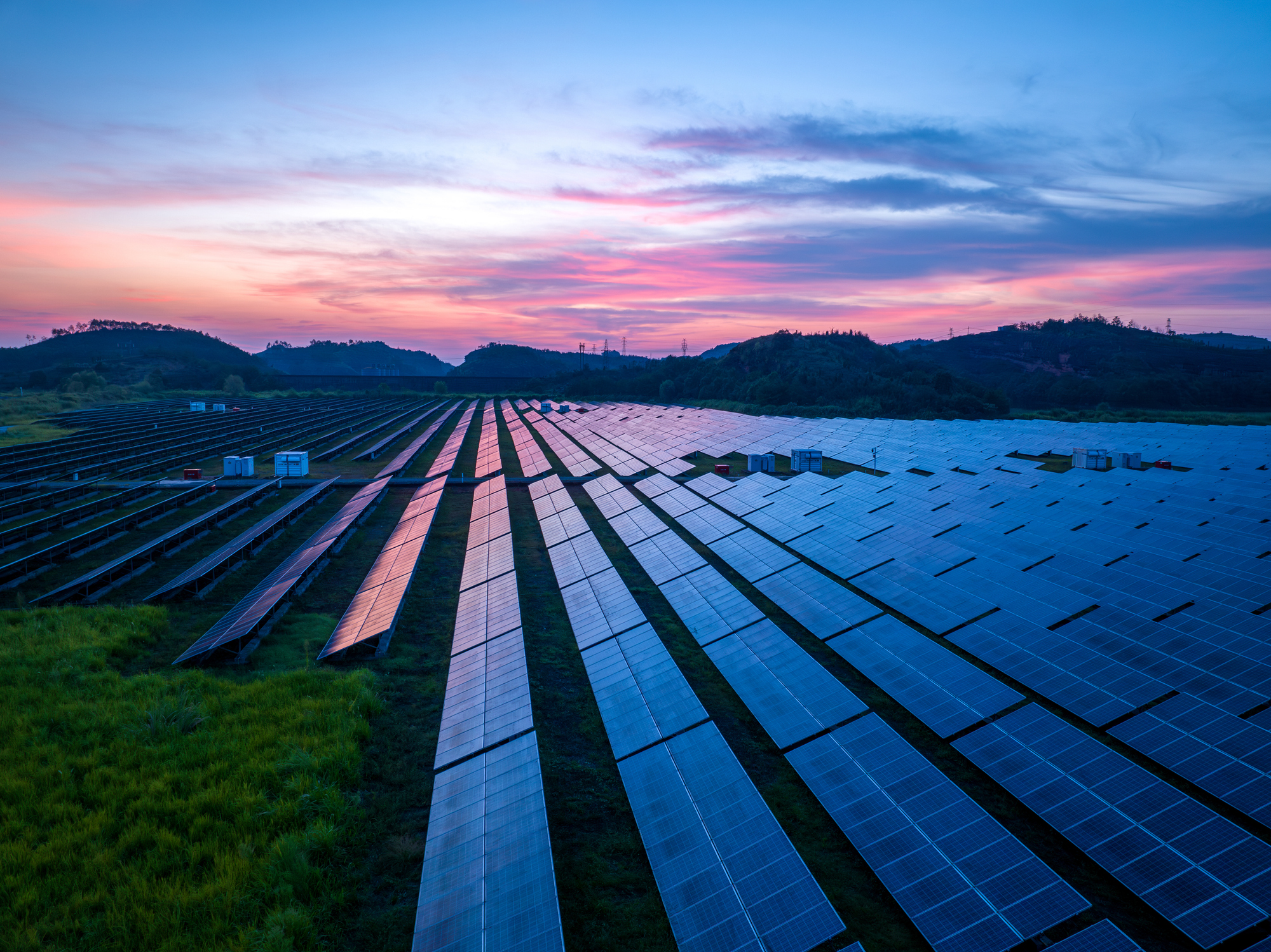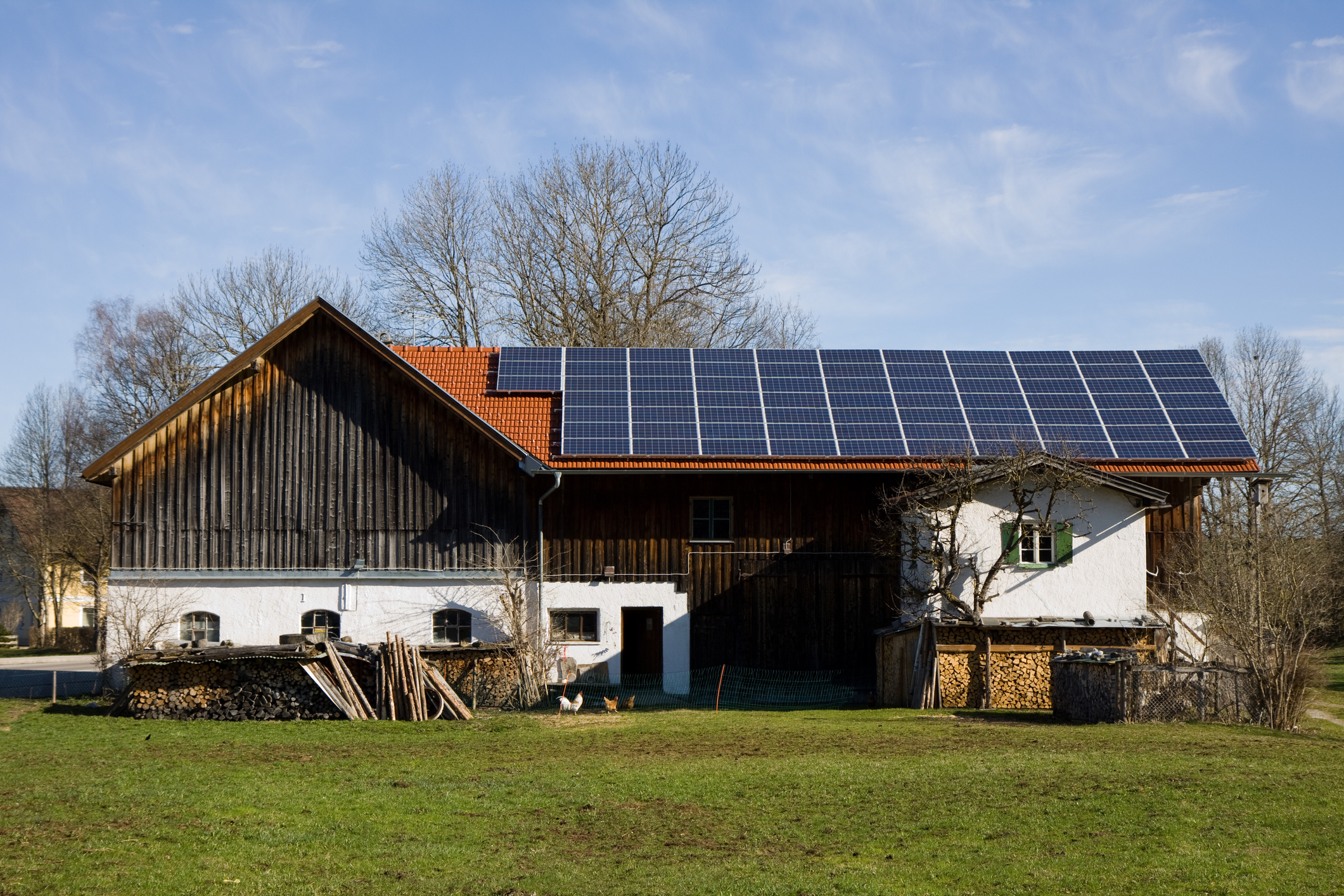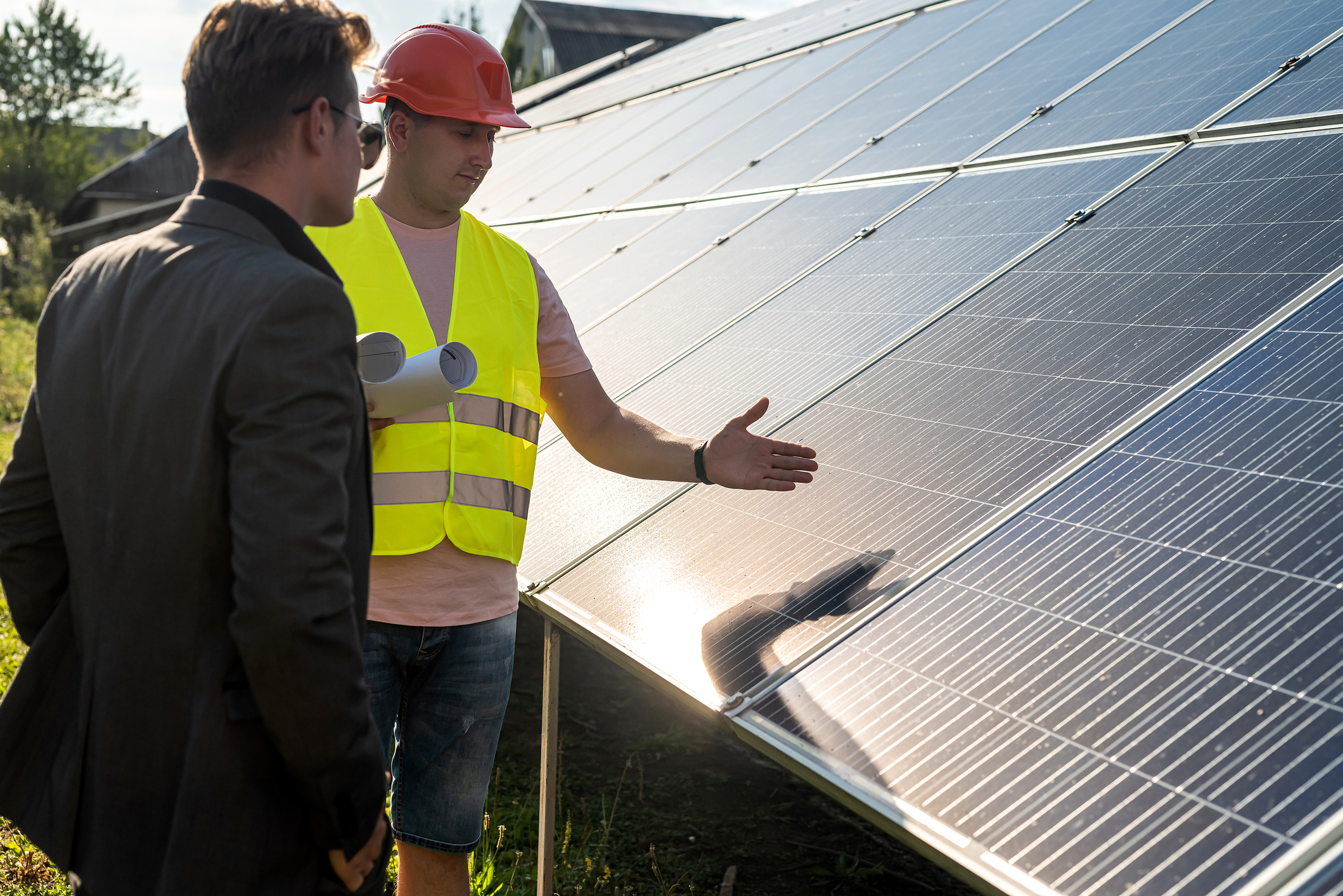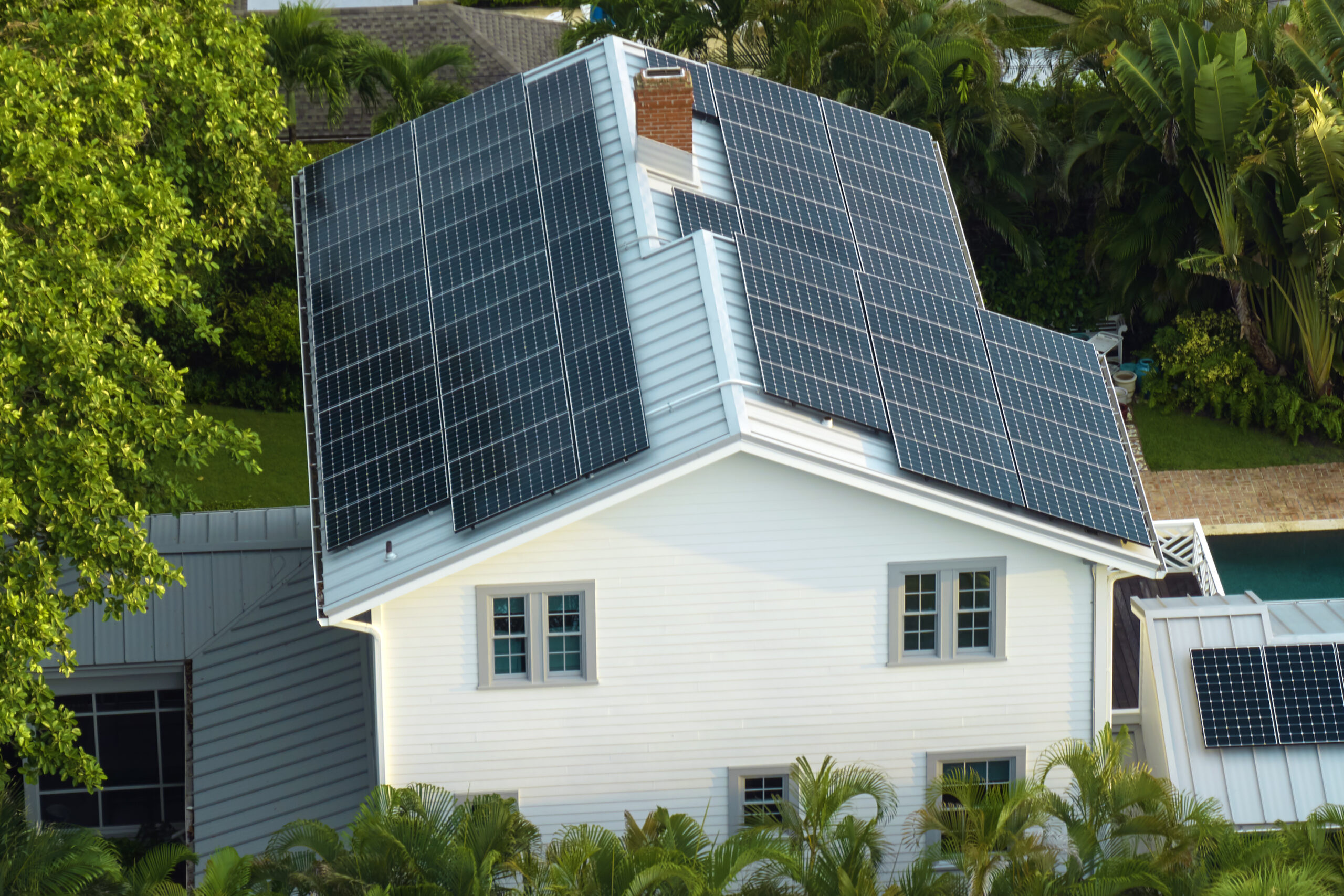While the financial benefits of solar energy often take center stage, its positive environmental impact and contributions to community well-being are equally important. Texas, with its abundant sunshine and wide-open spaces, is in a unique position to reduce its carbon footprint and create a more sustainable future through solar energy. In this blog, we’ll explore the environmental and community benefits of solar energy in Texas, from reducing greenhouse gas emissions to creating jobs in underserved areas.
Reducing Greenhouse Gas Emissions
The shift from fossil fuels to renewable energy sources like solar is critical for reducing greenhouse gas emissions, which contribute to climate change. In Texas, where the energy industry is dominated by natural gas and oil, solar energy offers a cleaner, greener alternative. Every kilowatt-hour (kWh) of solar power generated in Texas offsets approximately 1.5 pounds of carbon dioxide emissions. As solar capacity continues to grow, the state is making significant strides in reducing its overall carbon footprint.
Solar Farms and Their Role in Land Conservation
Large-scale solar farms, particularly in West Texas, not only provide clean energy but also offer opportunities for land conservation. Many solar farms are built on previously underutilized land, such as former agricultural sites or degraded landscapes. These projects help revitalize the land while generating renewable energy. Solar farms also have the potential to support local wildlife, particularly when combined with pollinator-friendly vegetation or wildlife corridors.
Job Creation and Economic Growth
The solar industry in Texas is a major contributor to local job creation. According to the National Solar Jobs Census, Texas ranks second in the nation for solar employment, with over 17,000 solar jobs as of 2023. From installation and maintenance to manufacturing and sales, solar energy supports a wide range of career opportunities across the state. These jobs often provide higher-than-average wages and contribute to the economic growth of both urban and rural communities.
Energy Independence and Grid Resilience
Solar energy also contributes to Texas’ energy independence. By generating clean energy locally, the state can reduce its reliance on external energy sources, particularly during peak demand periods. Solar’s role in grid resilience is increasingly important, especially in light of recent extreme weather events. For example, during the 2021 winter storm that left millions without power, solar energy played a critical role in maintaining some level of electricity production. As Texas continues to experience extreme heatwaves and cold spells, solar energy will be a vital component of a more resilient energy grid.
Air Quality Improvement in Urban Areas
Texas’ major cities, including Houston and Dallas, struggle with air pollution due to vehicle emissions and industrial activity. Solar energy helps mitigate this problem by reducing the need for coal- and gas-fired power plants, which are significant contributors to air pollution. By generating clean electricity, solar helps improve air quality, particularly in densely populated areas, leading to better public health outcomes and reducing healthcare costs.
Community Solar and Local Benefits
In addition to environmental benefits, solar energy can have a positive impact on local communities. Community solar projects, for instance, allow residents to share in the benefits of solar power without needing to install panels on their property. These projects often target underserved or low-income areas, providing access to clean energy at lower costs. Additionally, solar energy fosters energy independence for rural communities, allowing them to generate their own electricity and reduce reliance on the traditional power grid.
Solar energy in Texas is more than just a cost-saving measure—it’s a powerful tool for environmental sustainability and community development. From reducing greenhouse gas emissions to improving air quality and creating jobs, the positive impacts of solar energy are felt across the state. As Texas continues to expand its solar capacity, these benefits will only grow, contributing to a cleaner, healthier, and more prosperous future for all Texans.
